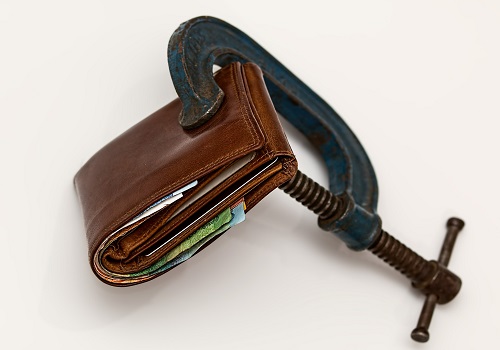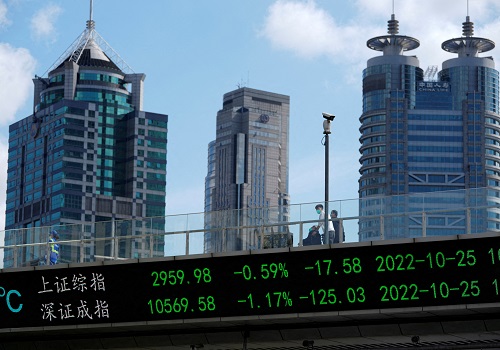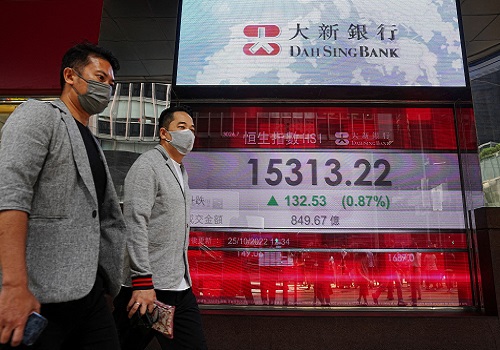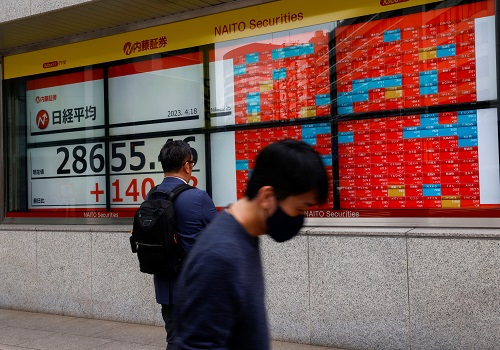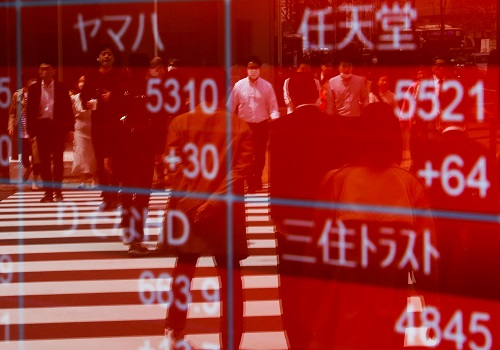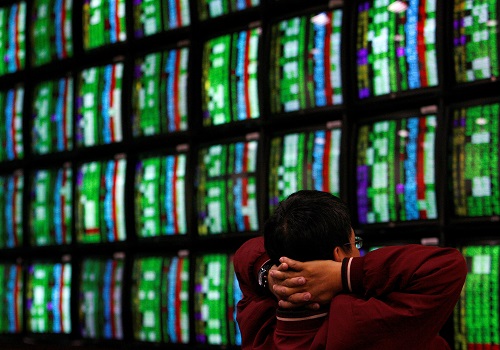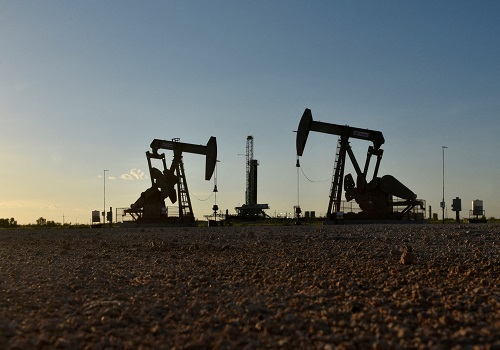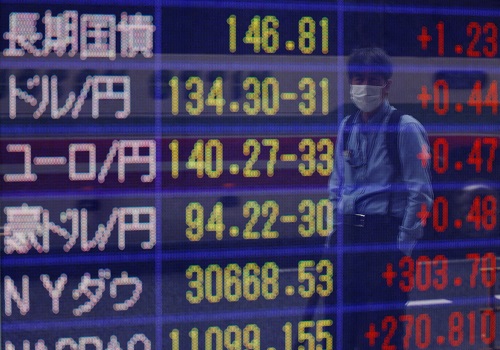Asian shares under pressure on rising coronavirus cases
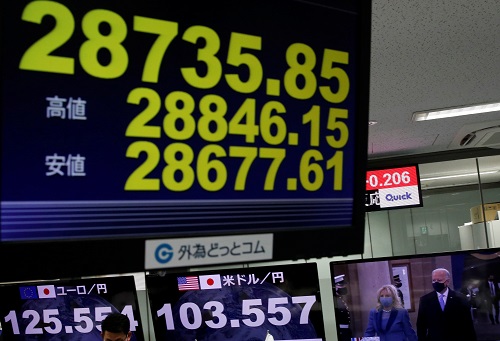
Follow us Now on Telegram ! Get daily 10 - 12 important updates on Business, Finance and Investment. Join our Telegram Channel
By Swati Pandey
SYDNEY - Asian shares were on the defensive on Monday as rising COVID-19 cases and doubts over the ability of vaccine makers to supply the promised doses on time soured risk appetite.
MSCI's broadest index of Asia-Pacific shares outside Japan was barely changed at 718.72.
The benchmark is below the record high of 727.31 touched last week but up 8.5% so far in January, on track for its fourth straight monthly rise.
Japan's Nikkei fell 0.1%.
Australian shares were higher after the country's drug regulator approved the Pfizer/BioNTech COVID-19 vaccine with authorities saying a phased rollout will begin late next month.
Global COVID-19 cases are inching towards 100 million with more than 2 million dead, though financial markets have been buoyant on hopes of a vaccine and a quick economic revival.
However, "there was one negative COVID-19 news story after another on Friday and which equity investors ultimately couldn’t ignore," said Ray Attrill, head of forex strategy at National Australia Bank.
Hong Kong locked down an area of the Kowloon peninsula on Saturday, the first such measure the city has taken since the pandemic began while some countries including Mexico recorded their highest daily case numbers.
Reports the new UK COVID variant was not only highly infectious but perhaps more deadly than the original strain also added to worries.
In the European Union, political leaders expressed widespread dismay over a hold-up by AstraZeneca and Pfizer Inc in delivering promised doses, with Italy's prime minister lashing out at the vaccine suppliers, saying delays amounted to a serious breach of contractual obligations.
Pfizer, last week, said it was temporarily slowing supplies to Europe to make manufacturing changes that would boost output. On Friday, AstraZeneca said that initial deliveries to the region will fall short because of a production glitch.
Investors did see some hope in the United States after lawmakers agreed on Sunday that the most important priority should be producing and efficiently distributing a vaccine.
The Democrats and Republicans are discussing a new $1.9 trillion in U.S. coronavirus relief.
Financial markets have been eyeing a massive U.S. economic stimulus though disagreements have meant months of indecision in a country suffering more than 175,000 COVID-19 cases a day with millions out of work.
On Friday, the Dow fell 0.57%, the S&P 500 lost 0.30% and the Nasdaq Composite added 0.09%. The three main U.S. indexes closed higher for the week, with the Nasdaq up over 4%.
Jefferies analysts said U.S. stock markets looked overvalued though they still remained bullish.
"For the stock market to have a real nasty unwind, rather than just a bull market correction, there needs to be a catalyst," analyst Christopher Wood said.
"That means either an economic downturn or a material tightening in Fed policy," Wood said, adding neither was likely to occur in a hurry.
In currencies, major pairs were trapped in a range as markets awaited a U.S. Federal Reserve meeting on Wednesday.
The dollar index was flat at 90.21, with the euro at $1.2169, while sterling was last trading at $1.3683.
The Japanese yen was unchanged at 103.77 per dollar.
Souring risk sentiment saw Treasury yields move lower on Friday ahead of some record-sized bond auctions and the Fed meeting.
In commodities, oil prices fell with Brent down 7 cents at $55.34 a barrel and U.S. crude off 5 cents at $52.22.
Gold was higher with spot prices up 0.2% at 1,855.9 an ounce.
(Editing by Sam Holmes)












 320-x-100_uti_gold.jpg" alt="Advertisement">
320-x-100_uti_gold.jpg" alt="Advertisement">


